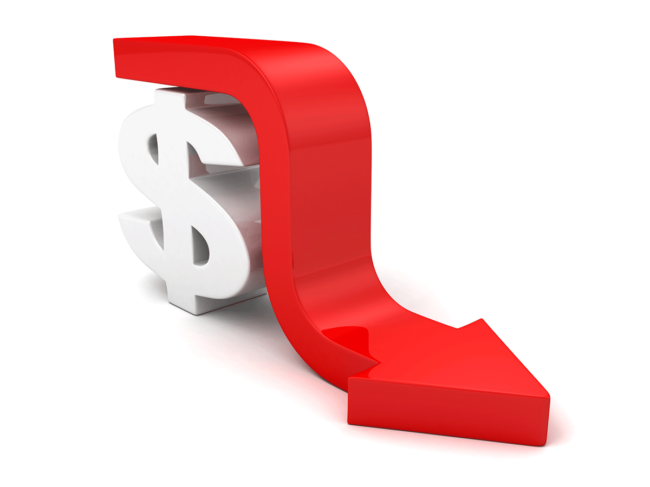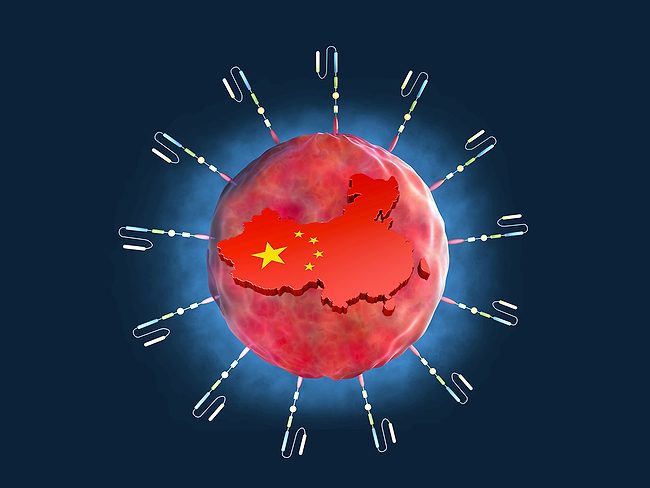
Analysis and data insight
China’s CAR T market comes of age
CAR T pipelines bloom to treat world’s largest cancer population
Read MoreChina’s CAR T market comes of age
China’s investigator trials accelerate competitive CAR T development
Read MoreBioWorld Biopharmaceutical Index (BBI)




